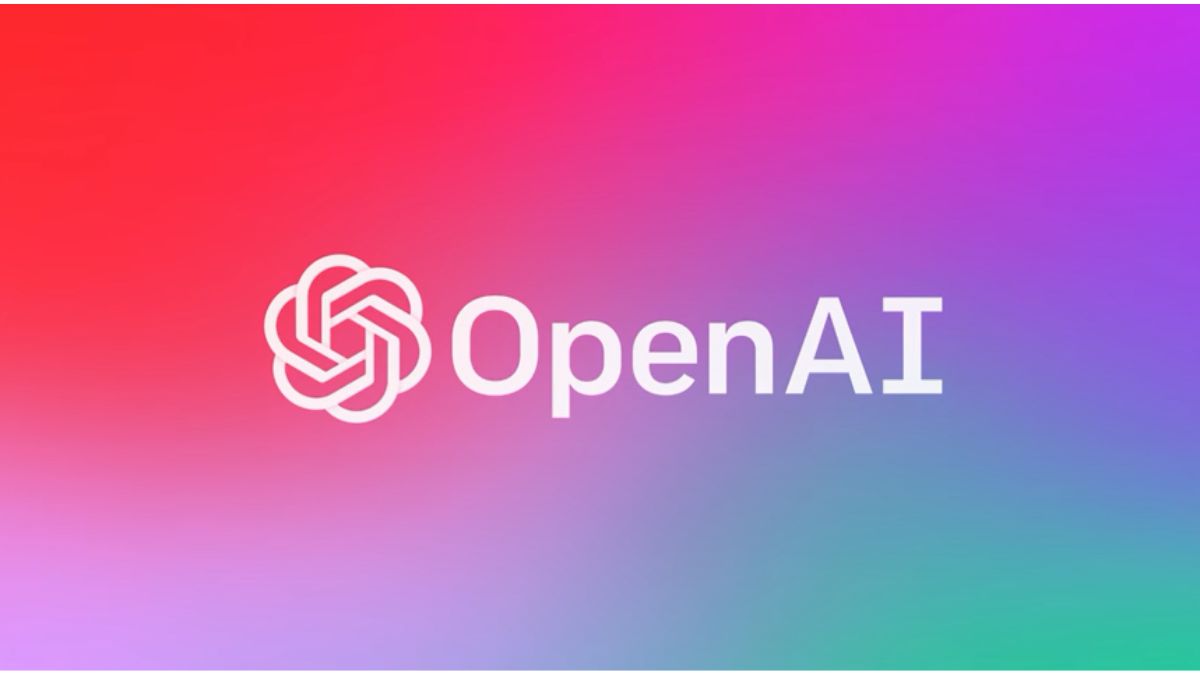Necessary Always Active
Necessary cookies are required to enable the basic features of this site, such as providing secure log-in or adjusting your consent preferences. These cookies do not store any personally identifiable data.
|
||||||
|
||||||
|
||||||
|

In Focus
In a strategic development that may reshape content production for businesses, OpenAI is reportedly working on a new generative music tool that produces original music from text and audio prompts, according to a report by TechCrunch.
The report cites sources within the company stating that this next-generation music model would allow media-firms, publishers and creative agencies to generate bespoke musical content without traditional compositional workflows.
The forthcoming OpenAI music-AI model is designed to function as follows:
At this stage the tool remains under development and OpenAI has not provided an official launch date, commercial terms, or detailed specification for the OpenAI generative music tool.
Related Post – OpenAI Launches GPT-5: The Most Advanced AI Model To Date
Enterprise decision-makers evaluating the OpenAI generative music tool should assess readiness across operational, legal and creative functions. Integration planning must consider content-quality standards, metadata consistency and export compatibility with existing production environments used in broadcast and digital distribution. On 1st October, 2025, OpenAI launched its most advanced AI video generation model, Sora 2.
Rights governance will remain a central priority as organisations determine ownership structures, royalty responsibilities and compliance with established intellectual property norms.
Procurement leads may also need to prepare scenario-based vendor evaluations, since the release timeline has not been formally disclosed and early-access availability remains uncertain. Continuous monitoring of official product updates, workflows and licensing models will support informed adoption decisions within competitive content markets.
The introduction of the OpenAI generative music tool marks a foundational shift in how music can be produced, licensed and deployed in commercial contexts. Enterprises that rely heavily on audio assets should begin evaluating the potential changes in cost models, creative workflows and asset-management strategies. Recently, OpenAI has announced plans to open its first India office in New Delhi to tap into the country’s growing AI market.
At the same time, careful attention must be given to rights management, output quality and the timing of the tool’s availability in commercial-grade form. While numerous details remain, especially around licensing and launch timing, the move signals that generative-music models are moving from research-labs into enterprise-ready solutions.